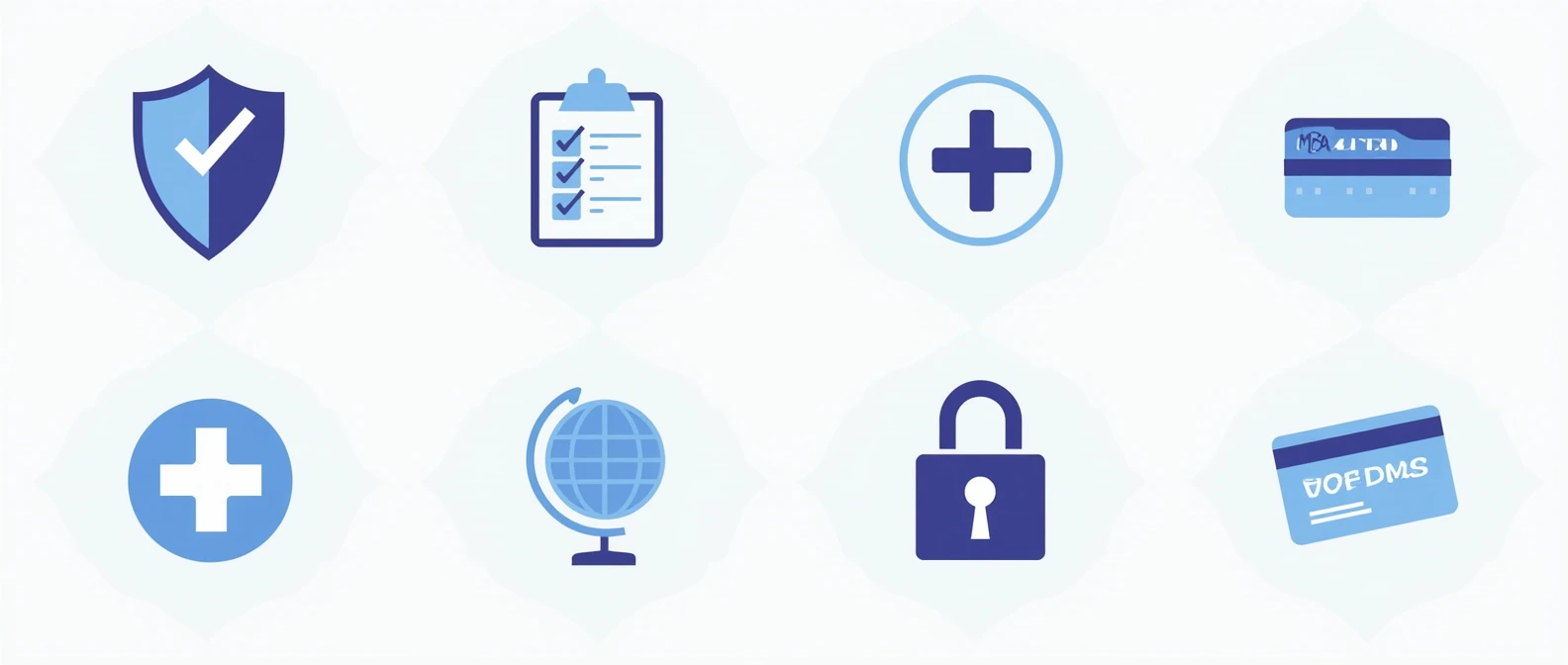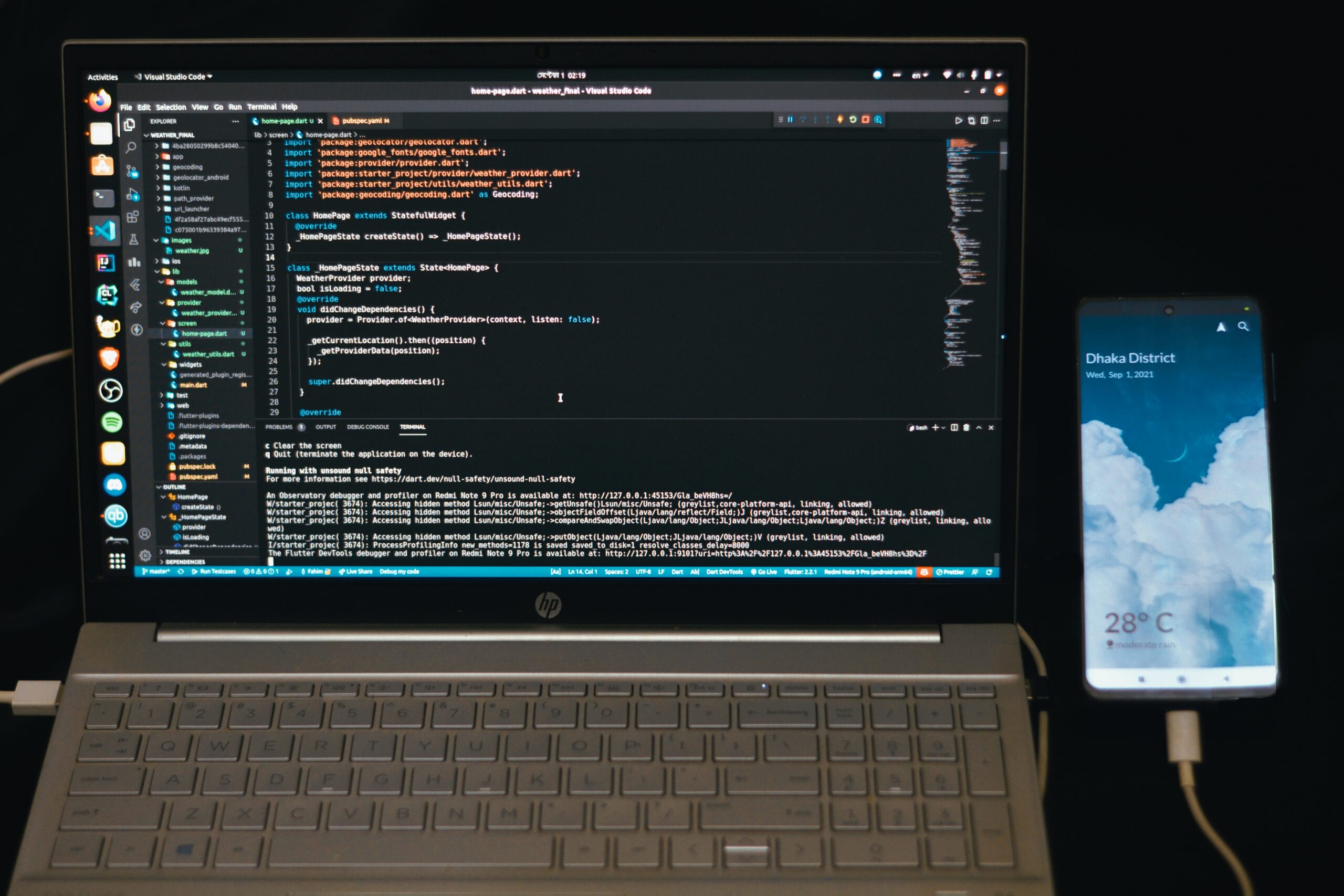Why CMMC 2.0 Matters More Than Ever
As cyber threats continue to rise, the U.S. Department of Defense (DoD) has tightened its cybersecurity requirements for contractors and subcontractors. Enter CMMC 2.0 — the latest version of the Cybersecurity Maturity Model Certification, aimed at safeguarding sensitive government information across the defense industrial base (DIB).
Whether you’re a small business bidding for defense contracts or a prime contractor managing a large network of suppliers, understanding CMMC 2.0 is crucial for compliance and continued eligibility.
What Is CMMC?
The Cybersecurity Maturity Model Certification (CMMC) is a framework introduced by the DoD to ensure that defense contractors adequately protect Federal Contract Information (FCI) and Controlled Unclassified Information (CUI). It combines various cybersecurity standards and best practices into one unified standard.
CMMC was first introduced in 2020, but based on feedback from the industry, it underwent significant updates. In November 2021, the DoD announced CMMC 2.0, streamlining the model and making it more flexible and cost-effective for contractors while still maintaining strong security standards.
Key Features of CMMC 2.0
1. Three Levels of Certification
CMMC 2.0 has simplified the previous five-tier model into three maturity levels:
- Level 1 (Foundational): Basic safeguarding of FCI with 17 practices aligned with FAR 52.204-21.
- Level 2 (Advanced): Protection of CUI with 110 practices from NIST SP 800-171.
- Level 3 (Expert): Advanced cybersecurity practices based on NIST SP 800-172. Primarily for highest-priority programs.
2. Self-Assessments Allowed (for Some)
One of the biggest changes in CMMC 2.0 is the introduction of self-assessments for Level 1 and some Level 2 contractors. This reduces the cost and burden for smaller organizations that don’t handle sensitive CUI.
- Level 1: Annual self-assessments with executive affirmation.
- Level 2:
- Priority programs: Third-party assessments by C3PAOs.
- Non-priority programs: Annual self-assessments allowed.
- Level 3: Government-led assessments (e.g., by the Defense Industrial Base Cybersecurity Assessment Center).
3. Alignment with NIST Standards
CMMC 2.0 tightly aligns with existing NIST standards, especially NIST SP 800-171 and NIST SP 800-172, making it easier for organizations already familiar with those frameworks to prepare.
4. Plans of Action & Milestones (POA&Ms)
Unlike CMMC 1.0, where all requirements had to be fully met before certification, CMMC 2.0 introduces POA&Ms, allowing contractors to temporarily defer certain non-critical requirements — with clear deadlines and limitations.
5. Waivers (Under Certain Conditions)
In exceptional cases, the DoD may issue waivers for CMMC requirements, but these will be granted under strict conditions and oversight, and only when absolutely necessary for mission-critical programs.
Who Needs CMMC 2.0?
Any organization in the DoD supply chain that processes, stores, or transmits FCI or CUI must comply with CMMC 2.0. This includes:
- Prime contractors
- Subcontractors
- Managed service providers (MSPs)
- Cloud service providers (CSPs)
Steps to Prepare for CMMC 2.0
- Understand What Data You Handle: Is it FCI or CUI?
- Determine Your Required Level: Based on contract requirements.
- Gap Analysis: Assess your current security posture against NIST SP 800-171 controls.
- Implement Necessary Controls: Address gaps and strengthen your cybersecurity practices.
- Document Everything: Policies, procedures, POA&Ms, and risk assessments.
- Engage with a C3PAO (if required): Prepare for third-party audits.
Final Thoughts
CMMC 2.0 marks a significant step toward improving cybersecurity resilience across the defense supply chain. With streamlined levels, flexible assessment options, and alignment with NIST standards, the model strikes a balance between security and scalability.
If you’re a contractor or service provider working with federal agencies — especially the DoD — now is the time to assess your cybersecurity maturity and prepare for CMMC 2.0.
Staying compliant not only keeps you eligible for contracts but also builds trust with customers and partners in an increasingly connected digital world.








